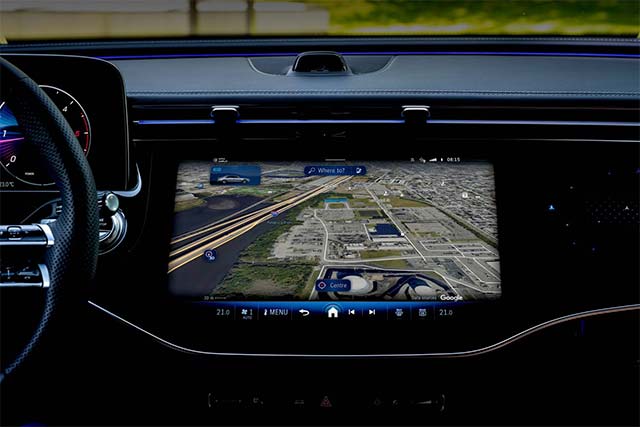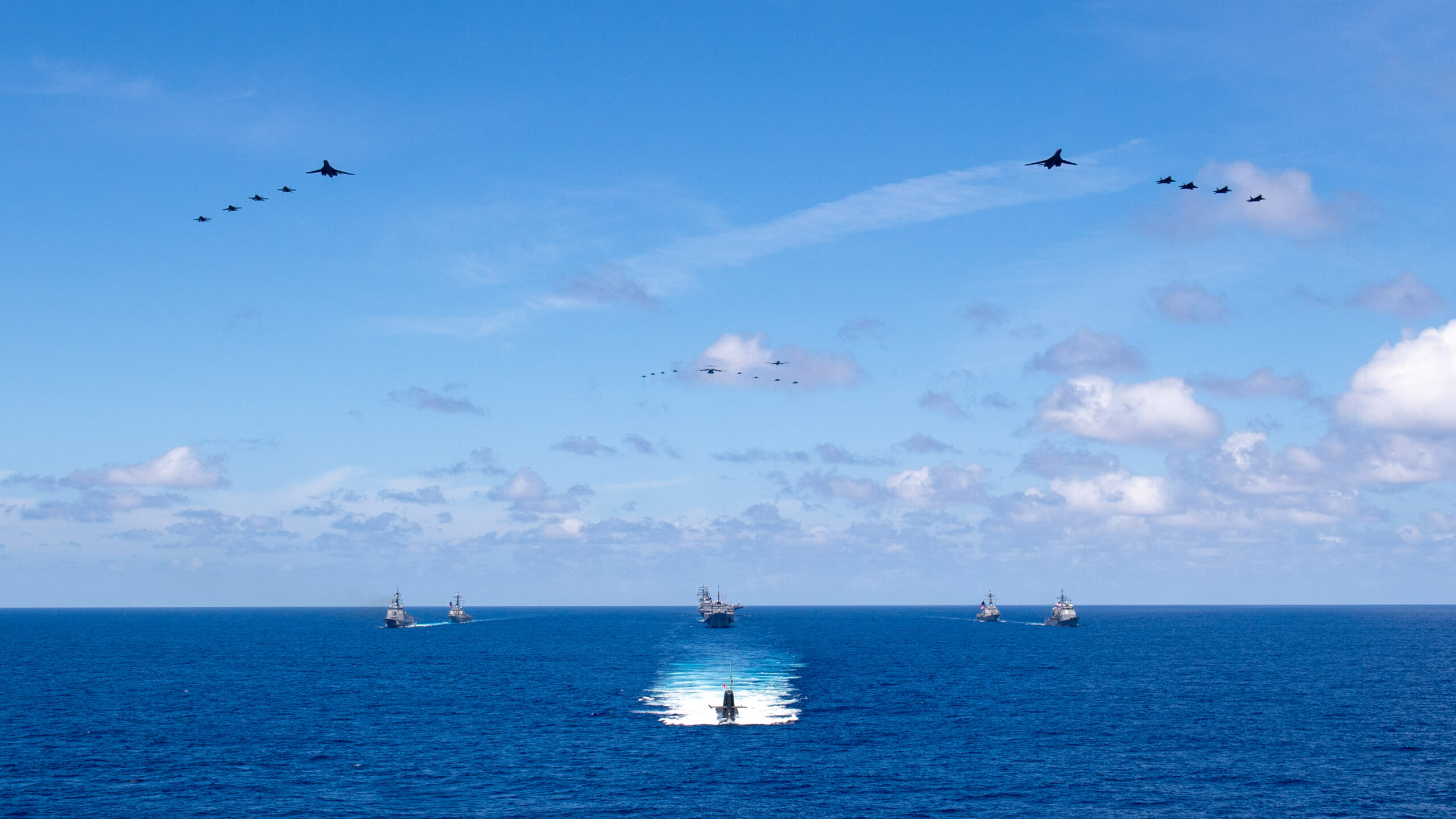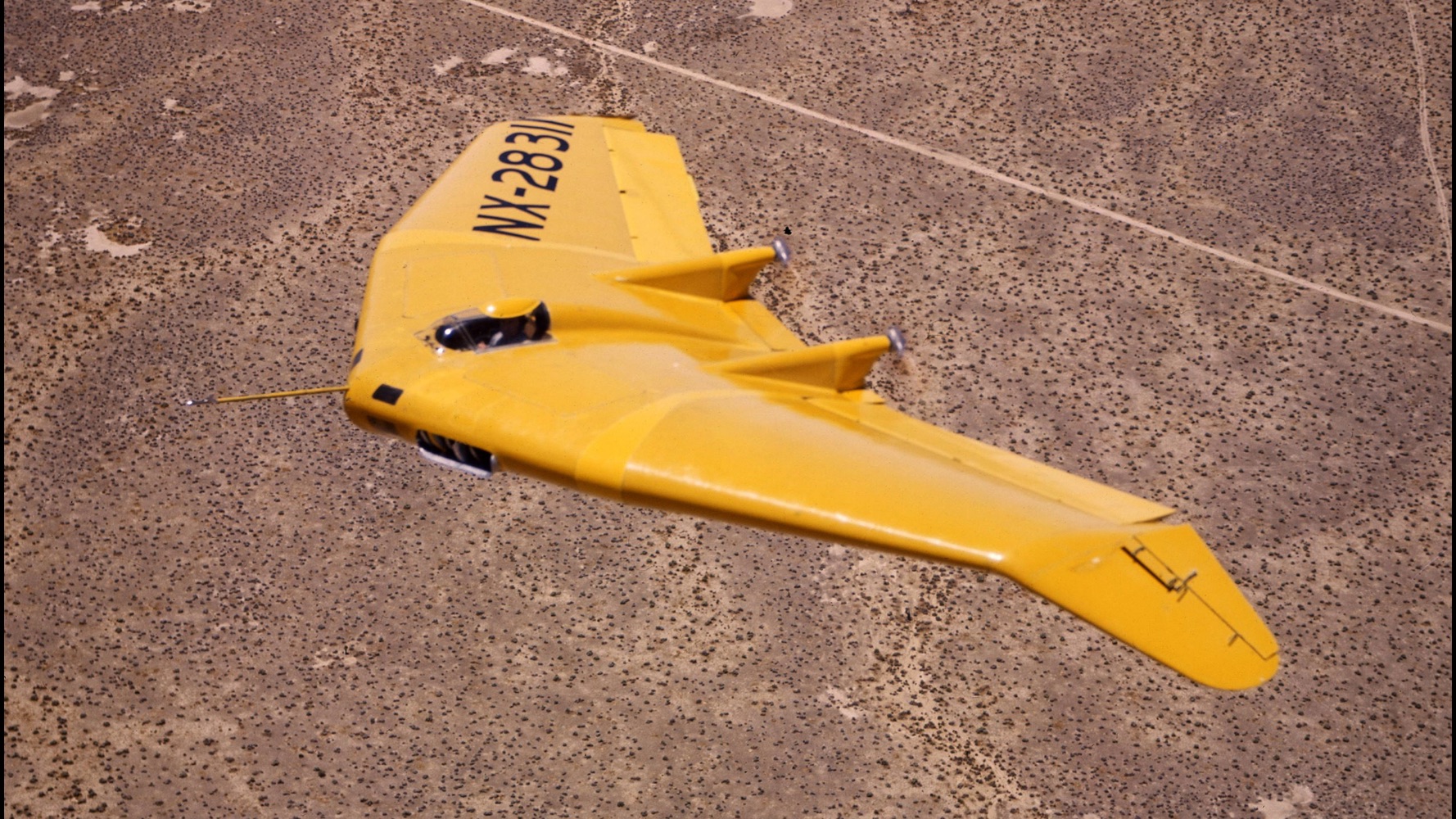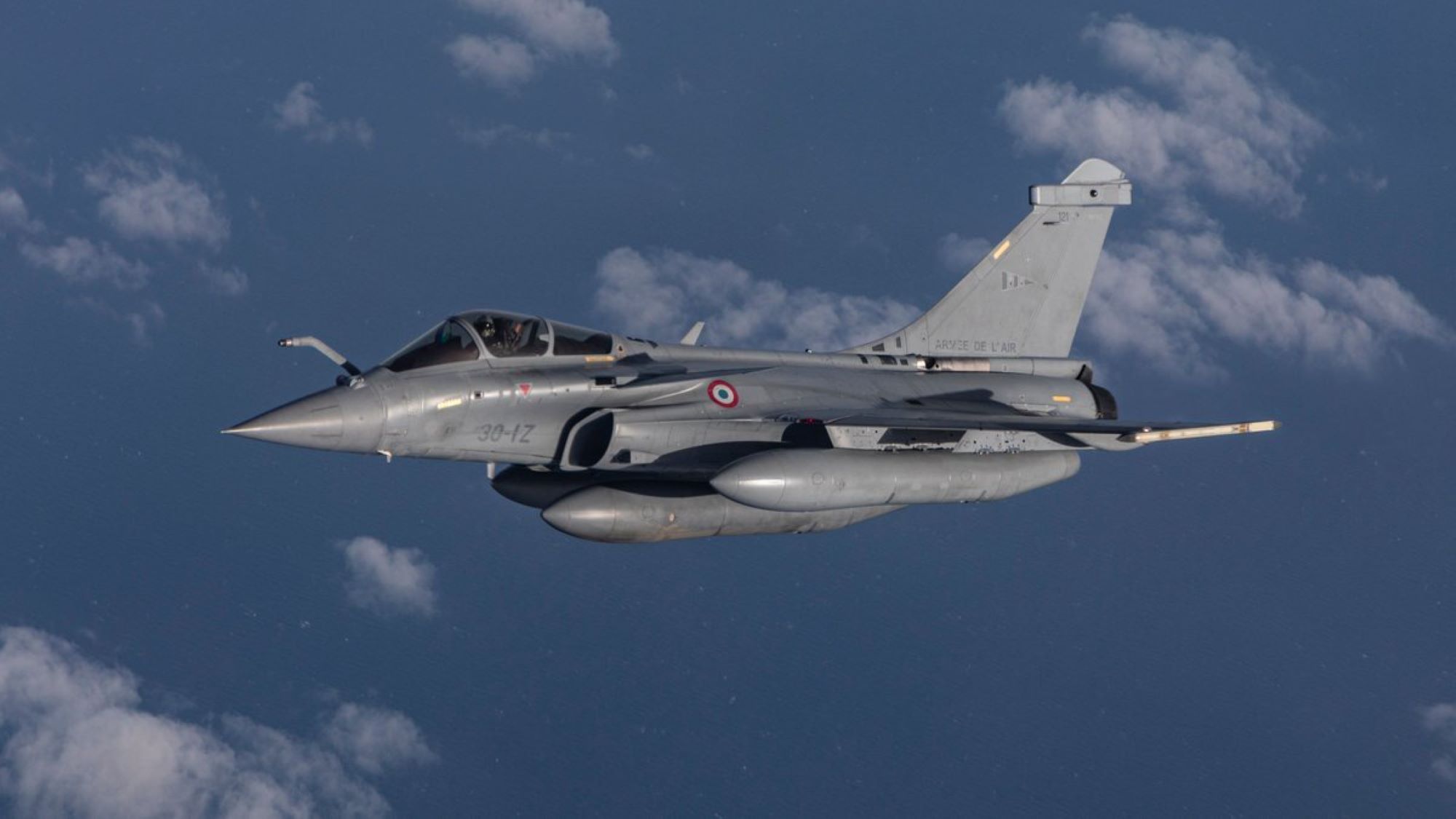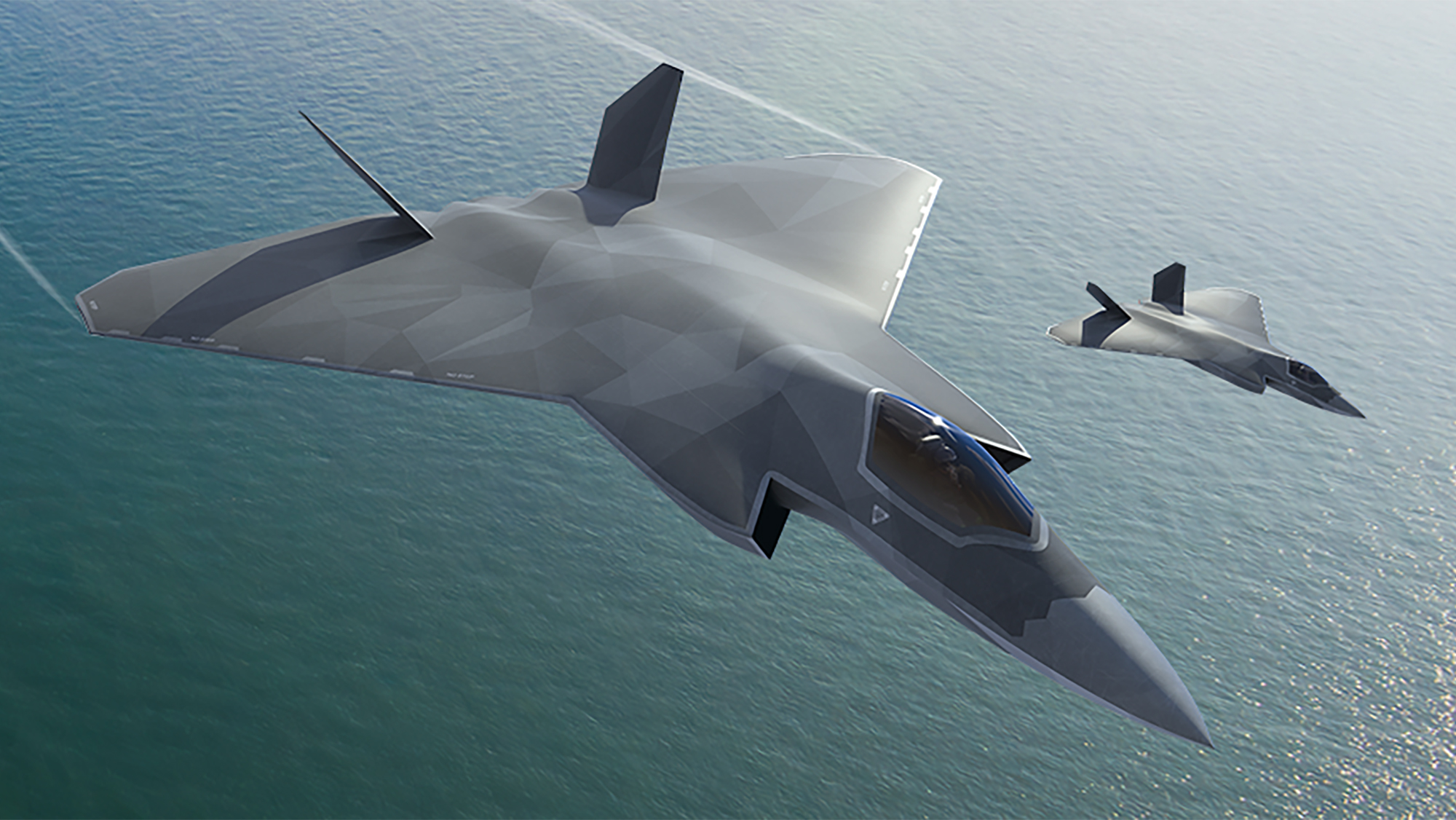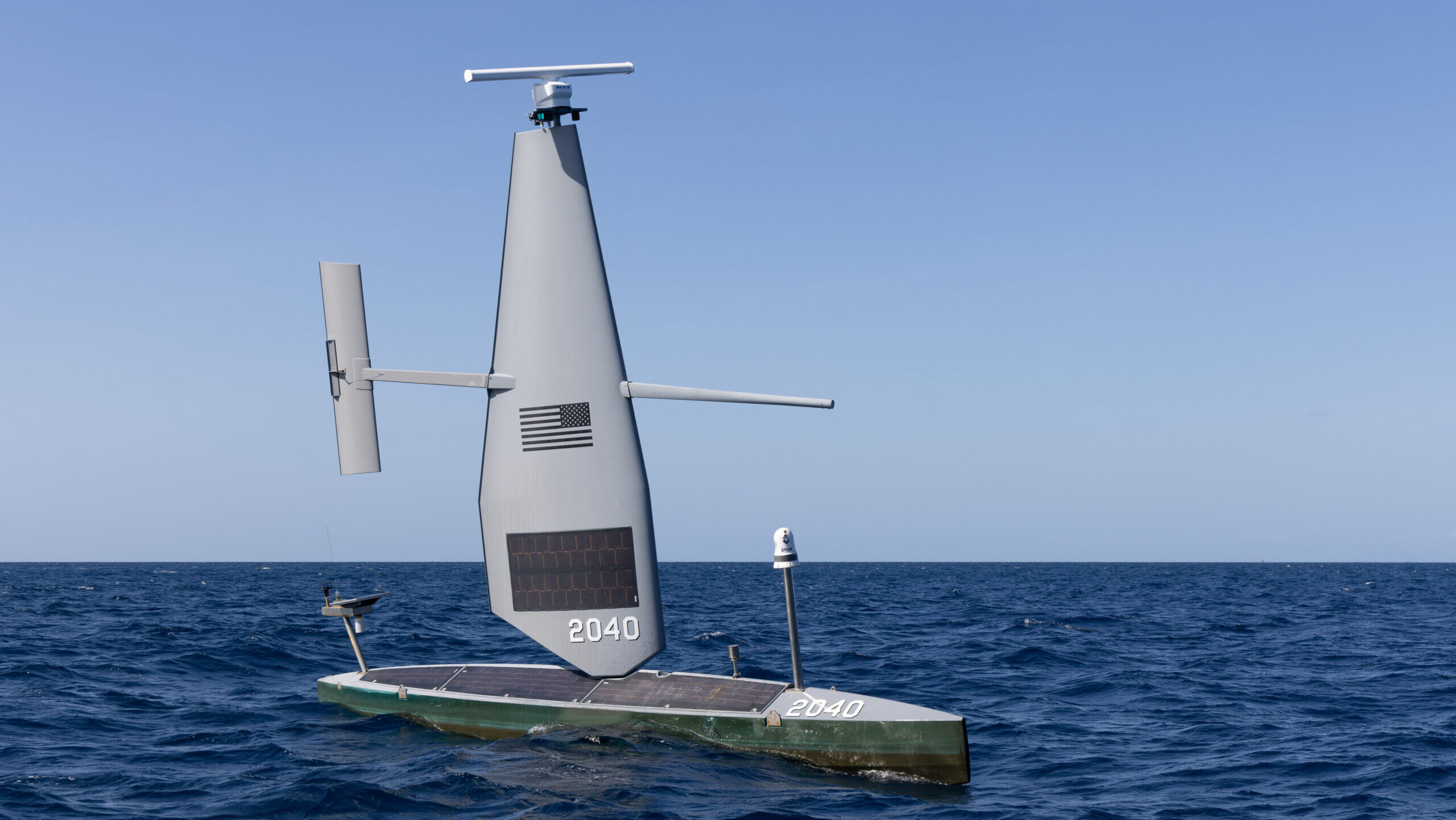New Space Force ‘Orbital Watch’ initiative to share threat info with commercial operators
“It’s a way for them to understand what the threat is, but also they will have the ability to reach back to the government if they actually see something. So, we’re trying to have a give-and-take discussion,” Col. Richard Kniseley, the head of SSC’s Commercial Space Office (COMSO) that manages Front Door, told Breaking Defense in an interview March 21.


Image of an on-orbit collision between a satellite and a piece of space junk. (Getty Images)
SPACE SYMPOSIUM — The Space Force today unveiled a new program, called Orbital Watch, designed to share unclassified information about threats on orbit with more than 900 commercial operators registered with Space Systems Command’s (SSC) Front Door — an effort that is being powered via cooperation with the Intelligence Community, US Space Command (SPACECOM) and the Pentagon’s Space Policy shop.
“As space threats continue to evolve—from cyber intrusions and electronic warfare to adversarial on-orbit activities—Orbital Watch intends to communicate critical unclassified threat information to ensure commercial providers can build resilient systems and mitigate threats,” according to a service fact sheet provided to Breaking Defense.
“It’s a way for them to understand what the threat is, but also they will have the ability to reach back to the government if they actually see something. So, we’re trying to have a give-and-take discussion,” Col. Richard Kniseley, the head of SSC’s Commercial Space Office (COMSO) that manages Front Door, told Breaking Defense in an interview March 21.
The Orbital Watch initiative actually was piqued by interest from the Office of the Director of National Intelligence (ODNI), he said.
“About a month or two ago, [ODNI] went to OSD [Office of the Secretary of Defense] Space Policy and said, ‘What are the tools available available to us today that we could get threat information out to industry?'” Following discussions among the IC, Space Policy, and COMSO, an early version of Orbital Watch actually went live on March 21, he said.
“So, we are so excited about this and how quickly it came about,” Kniseley said.
According to the Space Force’s announcement, Orbital Watch will roll out in phases.
“Its initial operating capability, or beta phase, is focused on outbound dissemination on a quarterly basis that provides industry with assessments of evolving risks in the space domain. As Front Door works to identify and consolidate additional sources of unclassified threat information, Orbital Watch’s cadence of dissemination will increase, ensuring commercial operators receive timely and actionable threat information,” the announcement said.
“The full operational capability phase of Orbital Watch will introduce a secure “Commercial Portal,” enabling two-way threat information sharing between the government and commercial space providers deemed critical to Space Force operations,” it added,
Kniseley explained that COMSO will be working with SPACECOM’s Commercial Integration Cell to ramp up the effort, eventually




























